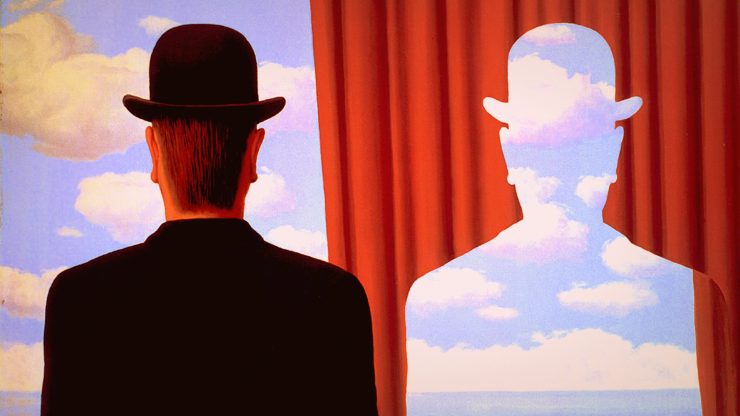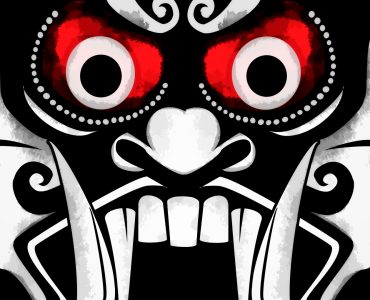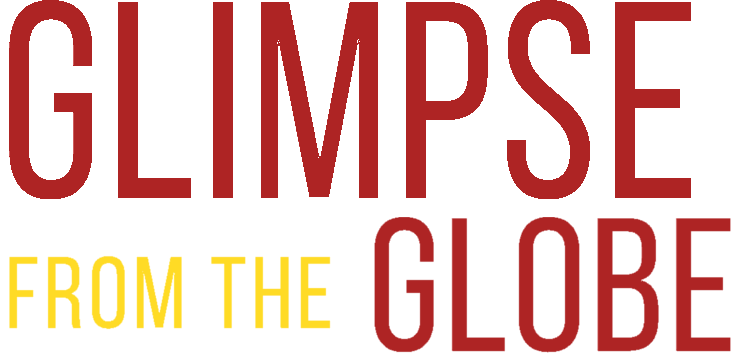How do we identify ourselves? Do we always have the same identity wherever we are, and whatever we do? Or, do we tend to identify ourselves differently depending on in which environment we mainly spend our time? A clue for the answer to these questions can be found in Samuel P. Huntington’s book Clash of Civilizations:
“ . . . One perceives oneself in terms of characteristics that distinguish oneself from other humans, especially from people in one’s usual social milieu . . . a woman psychologist in the company of a dozen women who work at other occupations thinks of herself as a psychologist; when with a dozen male scientists, she thinks of herself as a woman”, so quotes Samuel P. Huntington in the book. He goes on to make another quote to suggest how the way one identifies with his ethnicity or nationality can change depending on where he lives: “An Ibo may be . . . an Owerri Ibo or an Onitsha Ibo in what was the Eastern region of Nigeria. In Lagos, he is simply an Ibo. In London, he is Nigerian. In New York, he is an African.”
In 2016, an interesting newspaper article from Seoul Shinmun was released that could be relevant to this psychological mechanism [1]. It was about a Korean university that is considered by most people as the best university of the country. Therefore, studying in this school is surely something with which you can impress people. Notwithstanding, this new article described a new trend among some students of the university who began to wear, in the campus, a jacket that had the name of the high school they graduated (usually a prestigious high school) embroiled on it along with the university’s logo. How can we interpret this phenomenon?
It is not difficult to guess their motivation from the perspective of the examples mentioned earlier in this article. Of course it is a great achievement to study in the best university of your country. However, once you are surrounded, almost day and night, by the students who went through the same very selective procedure to get admitted to the university, it can no longer become your unique selling point that you entered this university. Therefore, one looks for another characteristic that would differentiate oneself from others in the same group and, if he manages to find one, he becomes attached to it and starts identifying himself with that characteristic as long as he stays in that particular environment. In the aforementioned example the new identity thus picked up was the high school one graduated, but it may be almost anything that is easy to notice (or can be made easy to notice).
We can expect that this sort of transformation in one’s identity would be more pronounced when most activities and interactions within the group of people take place in an exclusive association with certain physical environment, because then people tend to form and follow a new set of values, rules, and beliefs that are most compatible with and unique to that environment. Just recall how the cultures of island societies tend to be more distinct compared to their nearby counterparts in the mainland.
In fact, it is probably the most human thing to do that a group of people based in certain physical environment tends to develop a new set of values, rules, and beliefs (in other words “intersubjective reality” as Noah Yuval Harari, the author of Sapiens calls it). Technically, this is how all the distinct cultures and civilizations in human history were first conceived, subsequently developed and, during the recent centuries have begun resembling each other as the physical distance is overcome by better means of transportation and global communication networks. In this sense, one may also argue that this psychological mechanism is perhaps something that is embedded in human genes, which have evolved through the millions of years in a way to increase the Homo Sapiens’ chance of survival.
In any case, you would probably gain an interesting insight about yourself if you observe how the perception of your own identity changes as you make transition from one environment to another environment, be it a school, company, city, or a country.
In this regard it would be apt to conclude this article by inviting you to ask this question to yourself: How would Ibo, the fictional character from Africa mentioned in the beginning of this article, identify himself if he were in your organization? Would he most likely identify himself with his profession and alma mater? Or would he be more likely to identify himself with his ethnic origin or nationality? What features of your organization would be attributable for the difference, and how would the difference, in turn, change the social dynamics in your organization?
Illustration : René Magritte, La Décalcomanie (1966)








